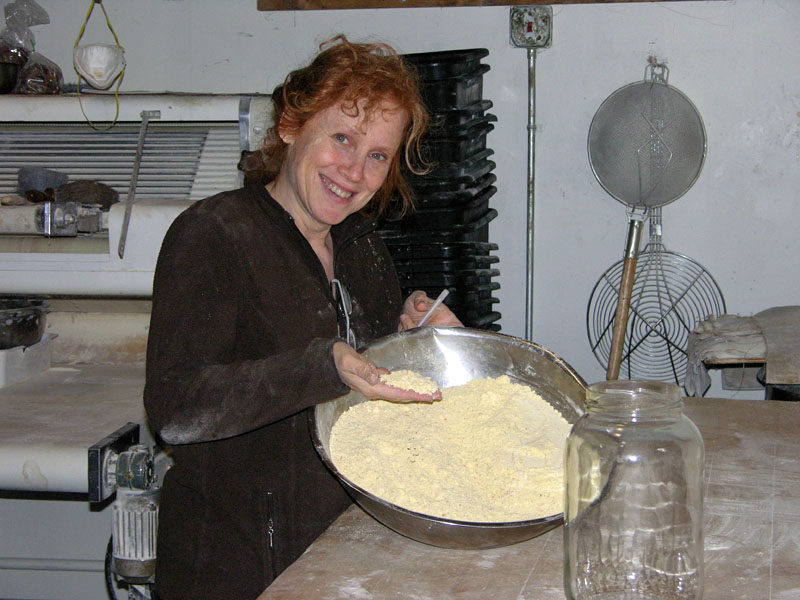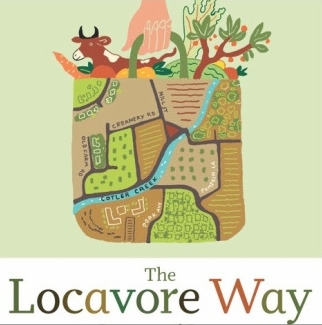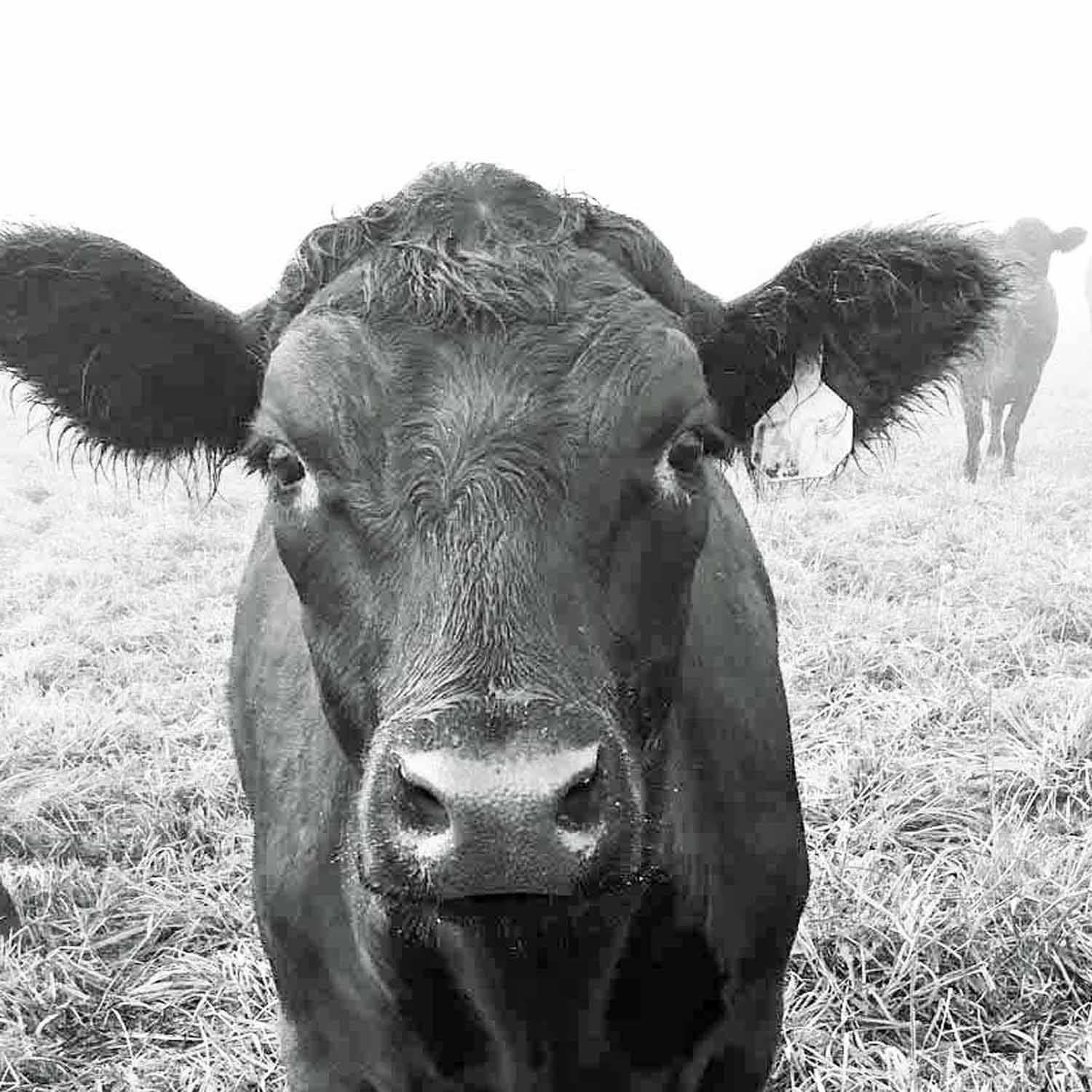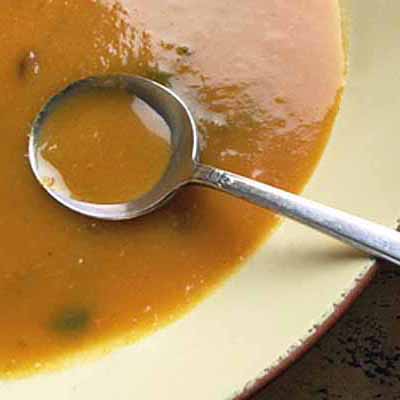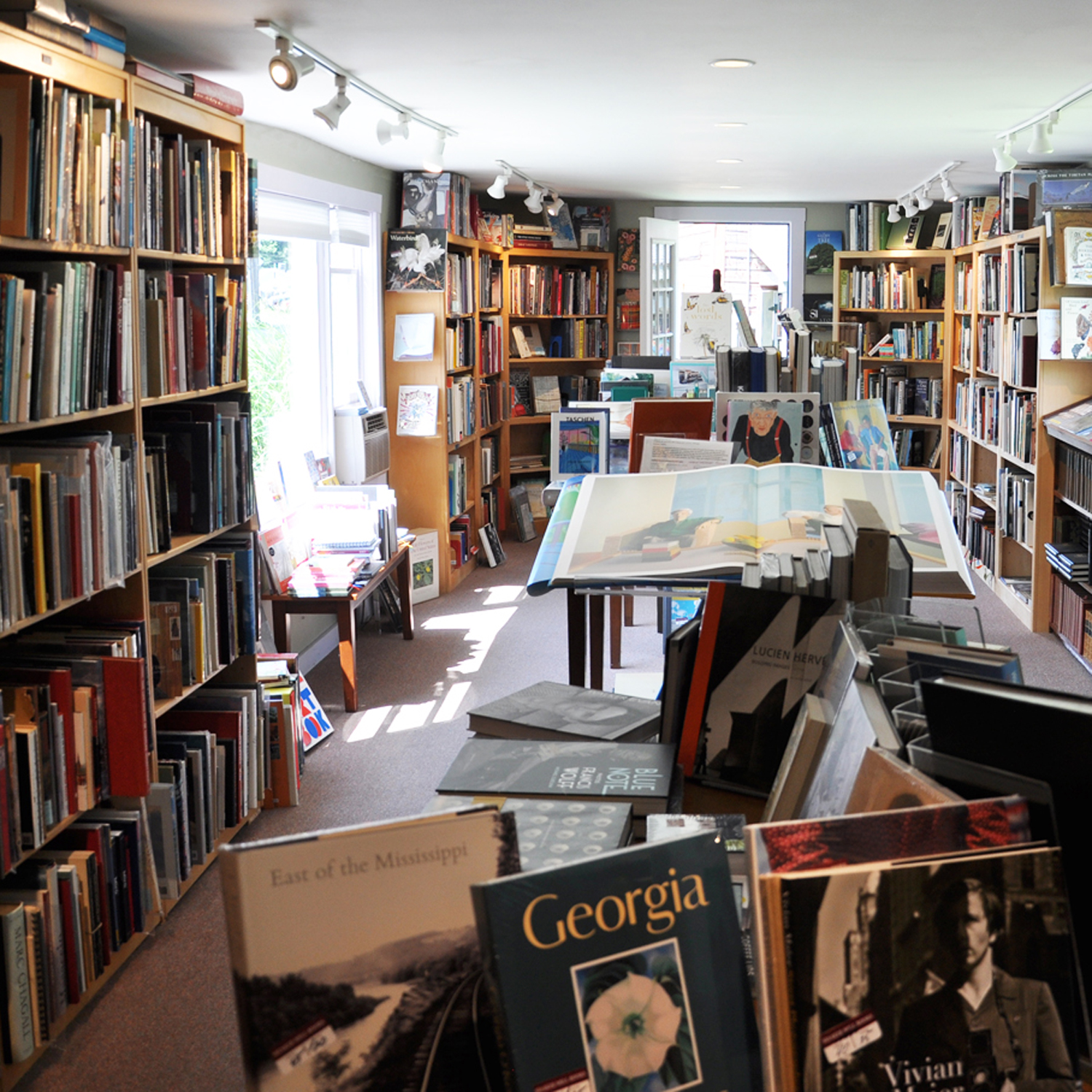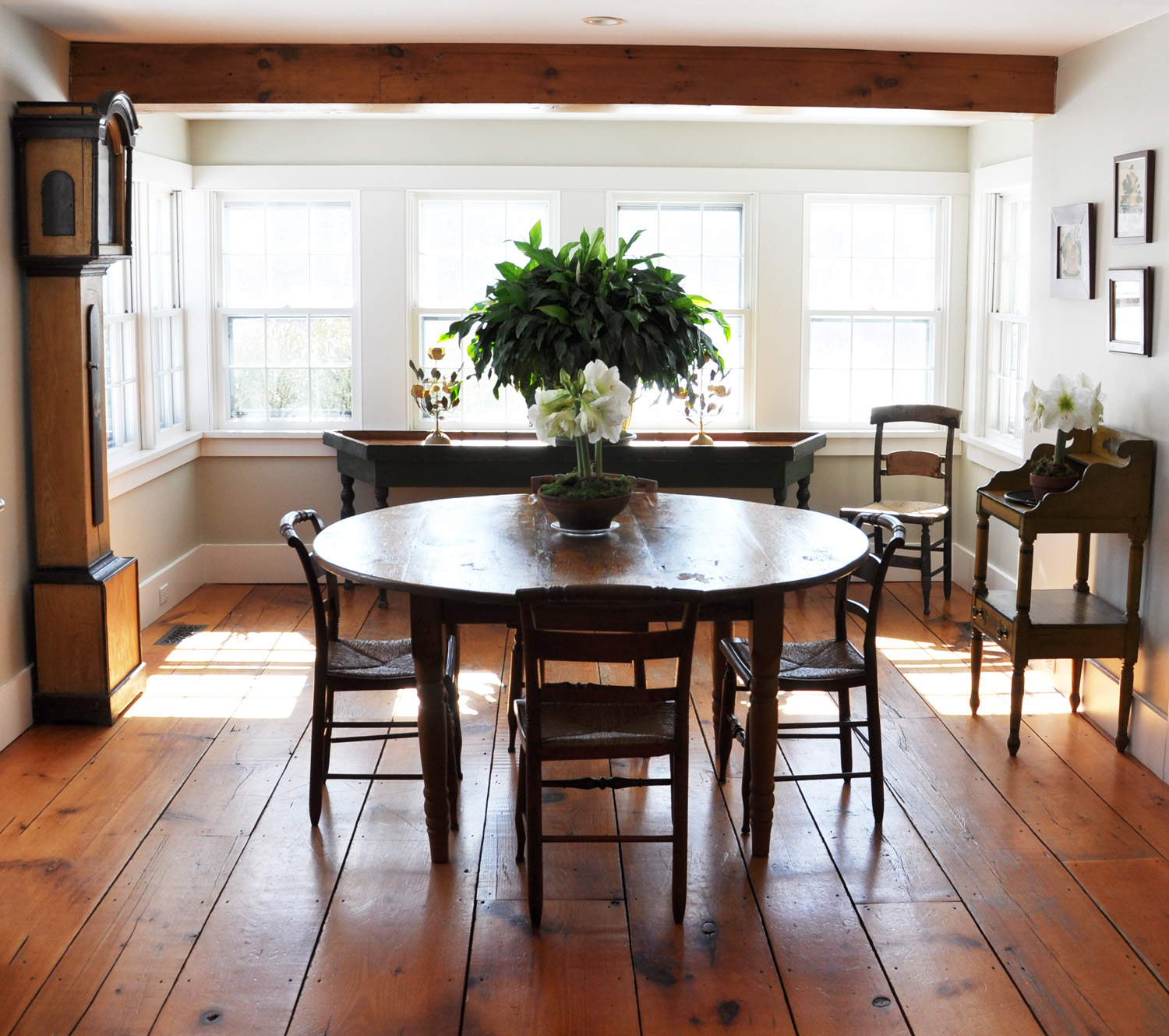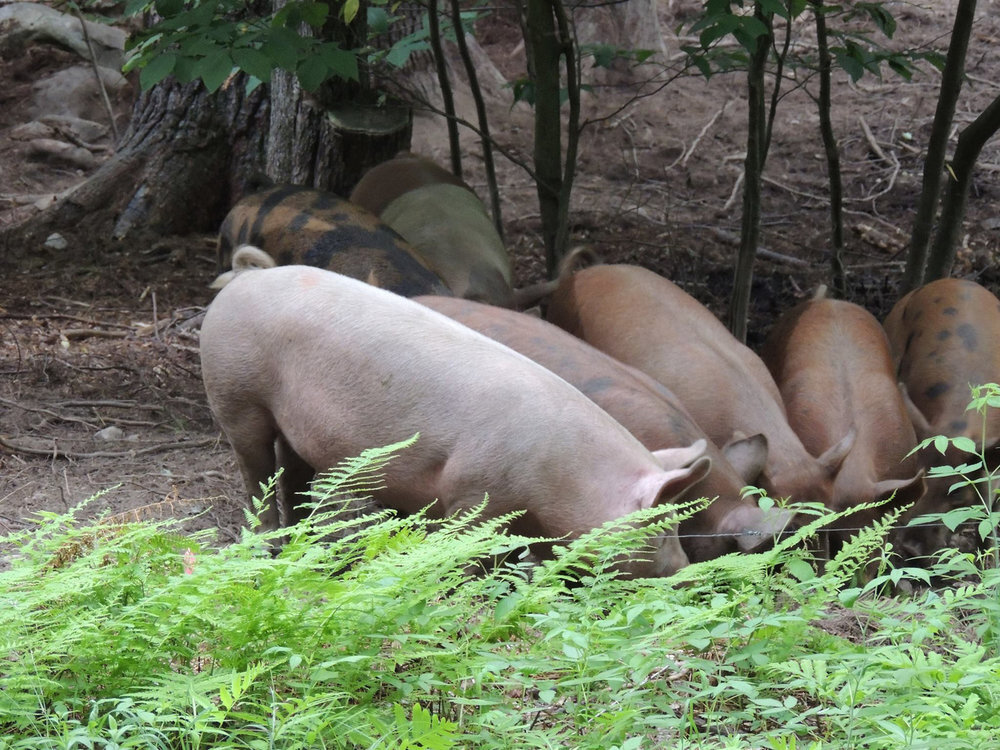Amy Cotler (www.amycotler.com) brings 3 decades as a culinary professional and farm to table advocate to her books and other offerings. She is the founding director of Berkshire Grown, which became an early model for local farm and food advocacy. SEE MORE INTERVIEWS WITH AMY COTLER HERE.
CHICKEN FROM THE FARM
CHICKEN FROM THE FARM By Amy Cotler Chicken raised on small, sustainable farms is fabulous, and will really revise your idea of "it tastes like chicken". "It tastes like chicken" became a generic term because chicken doesn't taste like anything. But, real chicken has an amazing flavor to it.
Now, you've got to spend a little bit more for it, because it's not raised on these big farms. But, it's well worth it. And if you eat less of it, and it you eat less meat in general, it's worth splurging on the real stuff. I would say, 'less is more'. I like tying my chicken together, trussing it. But, you can just tie the legs together if that makes you happy, just to keep the legs close together so the breast stays nice and moist.
Just roast it off at a high temperature, basting it occasionally. I like to fill it with a handful of rosemary, maybe half a lemon, maybe half a bulb of garlic. And, then just baste it. Turn it until it's done all the way through. You want your breast to be 165 degrees. Get yourself an instant-read thermometer, and that takes the guesswork out of everything.
I also like whole smoking it on my Weber. You can smoke it on any grill, and it takes a little bit more time and gets kind of a wild taste to it. I like to serve smoked chicken with a variety of things. Sometimes I take herbs and womp them up in a food processor with some lemon and garlic, sometimes a little anchovy paste and mustard to make a piquante kind of Italian herb sauce, and that's delicious drizzled over chicken. Just do it by feel, you don't have to worry about a recipe.
When you're cooking sustainably-raised meat, you're either cooking cuts you're not used to, or you're cooking the whole animal, as in chicken. You're less likely to get breast, breast, breast and more likely to get the whole bird. And, that's where the flavor is anyway … it bastes the whole bird.
There are lots of things you can do to season a whole chicken. One of the things I like to do is make a terrific Asian glaze for it. Put some farm fresh scallions inside, a little bit of ginger, and then baste it with a little hoisin sauce and soy. a little bit of hot chili flakes or cayenne – get a little hot to the salty – and then just baste and glaze until you have a nice, beautiful Asian glaze that's just absolutely yummy.
It's your choice in terms of how you want to cook a whole chicken. Whole chicken in France is really considered 'company food.' One of the things I like to do is make a variety of kinds of chicken stew. Like chicken bouillabaise is great. First, give it a nice sear in a pan, and then put in all your garden fresh vegetables after it's been stewing for a while. And a little bit of chicken stock and tomatoes. And then at the end add whatever's in season. I like adding fennel to chicken, with a little bit of Pernod, it's delicious in the fall.
Chicken and ratatouille is fabulous. Ratatouille is really just a great combination of the best of the summer harvest: Eggplant, peppers, zucchini, onions, and you can just stew that up with your chicken and it's absolutely divine.
A longtime advocate of seasonal cooking and local eating, Amy Cotler is the founding director of Berkshire Grown, which became an early model for local farm and food advocacy. She consults, teaches and lectures nationally on food and farm to table issues. Her new book brings together her culinary and local food advocacy experience: The Locavore Way, Discover and Enjoy the Pleasures of Locally Grown Foods is a people’s solution to The Omnivore’s Dilemma, a hands-on guide to seeking out and savoring local foods.


